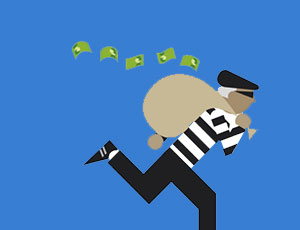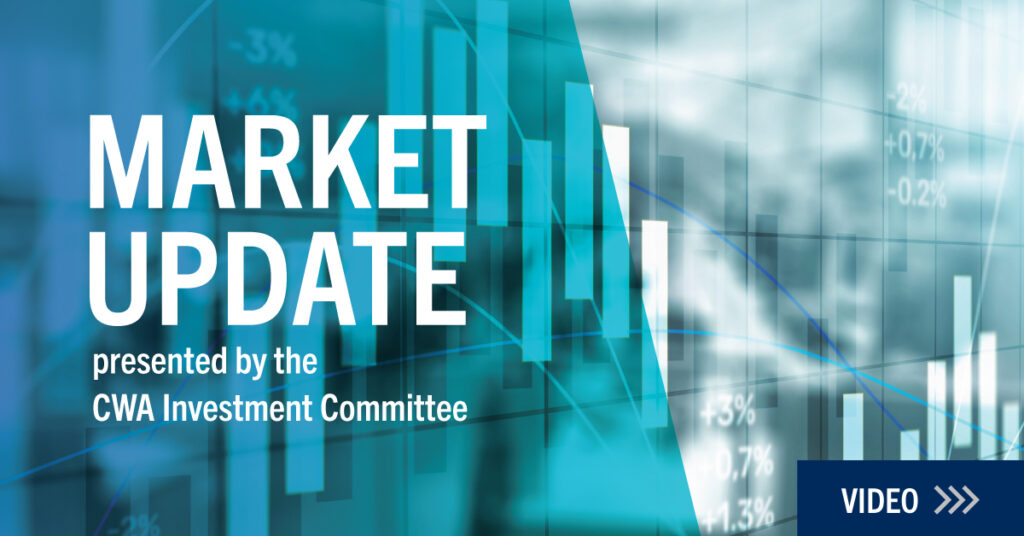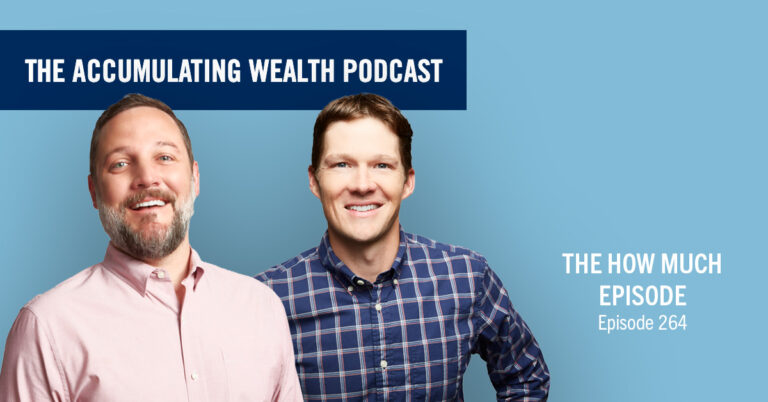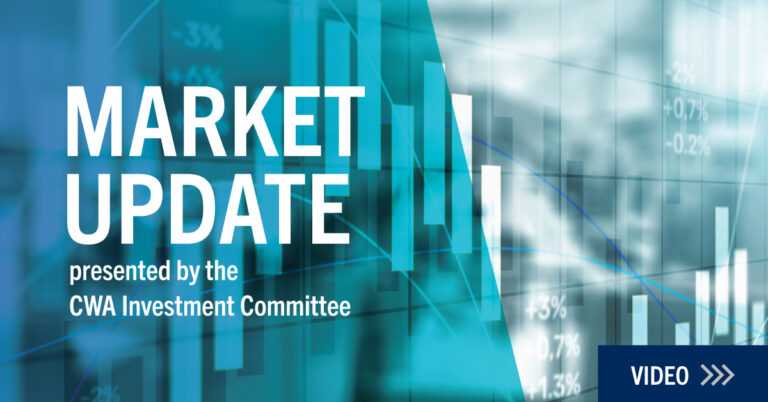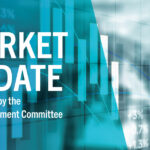You know the story. On December 11, 2008, the investment world was rocked by the arrest of notorious broker and investment advisor Bernie Madoff. In March of 2009, Madoff confessed and pleaded guilty to 11 felonies, making his firm the largest Ponzi scheme on record, with fraudulent client gains totaling approximately $65 billion. The actual loss to clients is estimated to be approaching $18 billion. Since then, reverberations have been felt throughout the investment industry — most notably the hedge fund industry. Increased regulation and investor skepticism, resulted in many reputable hedge funds converting to mutual fund firms. At the same time, many other fraudsters were also rooted out.
Now, six years post-Madoff, the rhetoric has died down to a degree, but underlying skepticism remains with many investors, particularly those nearing retirement age. It’s certainly understandable, however, with beefed up regulations and a keen eye, avoiding a mistake like turning over your entire nest egg to a crooked advisor like Madoff is easier than you might suspect.
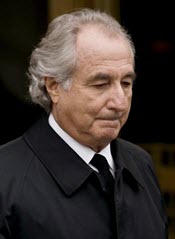
If it sounds too good to be true, it likely is.
Nothing new here. If it sounds too good to be true, there’s a good chance it is. In recent years, due to zero interest rate policy, many CWA clients send us “hot deals” for us to evaluate for them. Most, if not all, of these deals sport “guaranteed” returns that are very high and immediately cause us to raise our hackles. Always ask yourself, “If this deal is so great, why is this person selling me on it so hard and not just hoarding it for himself”? These deals are typically just complex ways to generate high fees for the person selling them, and rarely return what they promised.
Question the complex.
Shady practitioners will pitch products that resemble the engineering plans for the Large Hadron Collider. Most people find investments to be confusing as it is, and need help, but the complex and sophisticated can be alluring, causing investors to feel like they’ve stumbled upon the greatest strategy ever. Again, this is rarely the case. Crooked advisors will often push overly-complicated investment products in order to bury fees, and more importantly, to hide large risks to the investor. Investing can be confusing, and that is why advisors are so important to investors. Proper investments, however, within a diversified and risk-managed portfolio can be easily understood by the greenest investor. Don’t be immediately smitten by that leveraged product you just saw in an email – contact a trusted advisor and ask questions.
Know who is regulated for your safety.
Registered Investment Advisors (RIAs) like CWA and Tectonic are required to register with the SEC, and are regularly audited. In the post-Madoff world, the level of regulation has measurably increased for RIAs. While this is costly and time-consuming to firms, at the end of the day, it makes the investment landscape safer – creating peace of mind just as good financial planning should.
In the post-Madoff world, securities industry regulators, such as the SEC, have taken steps to decrease the chances that frauds like Madoff could strike again or go undetected. Changes in regulations applicable to Registered Investment Advisors (RIAs) as well as changes to procedures of oversight such as regular examinations are a few of the reform measures put in place to curtail fraud. CWA and Tectonic, as well as other advisors qualified to register with the SEC, are subject to the SEC’s enhanced oversight. For more information regarding the SEC initiatives go to: https://www.sec.gov/spotlight/secpostmadoffreforms.htm


